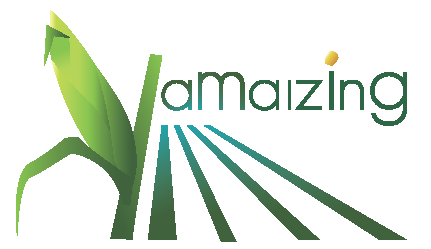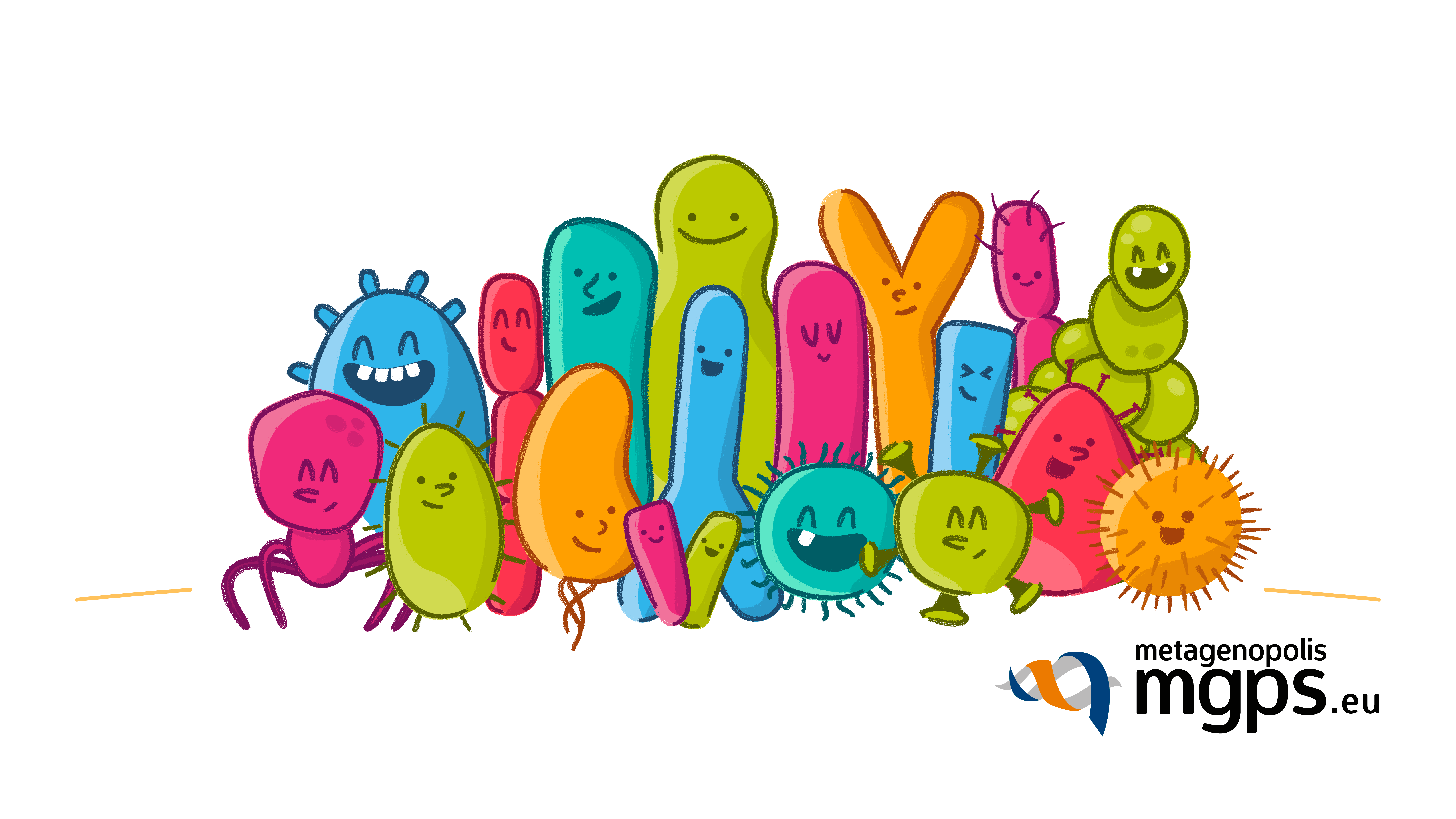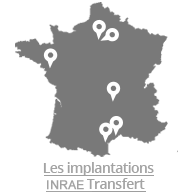INRAE Transfert's mission is to leverage the innovations that emerge from the INRAE research laboratories. We summon our professional skills, our understanding of markets and over 10 years of experience to transfer your results to businesses using the most appropriate strategies. We provide this service in all the areas of expertise in which INRAE works: plant and animal production, the environment, food, microbiology, biomass transformation processes, white biotechnology etc..
To meet your goals, we enlist our expertise and know-how to move through all the stages needed to transfer your results to businesses:
- analyse the marketing potential of your inventions based on your statements of usable inventions and results (DIRV : available for download here)
- and your patent applications;
- identify additional funding for the proof of concept;
- find and put you in touch with companies interested in your results;
- form research partnerships with businesses, in particular through three institutes – 3BCar, France Futur Elevage, Plant2Pro and Qualiment;
- negotiate the terms of transfer and exploitation of your results with companies; and
- provide administrative and financial oversight of your licensing contracts over their entire lifetime.
Do you have a technology or a result to leverage? Your points of contact:
- Crop Production & Environment: Claire Lemontey claire.lemontey@inra.fr
- Animal Production : Réjane Le Tinévez rejane.letinevez@inra.fr
- Human Diet & Microbiology : Stéphanie Mercier Arabal stephanie.mercier@inra.fr
- Processes and White Biotechnologies : Nathalie Turc nathalie.turc@inra.fr
Learn more about Successes of Innovation














